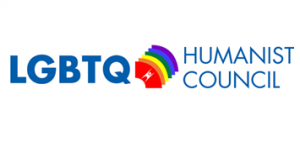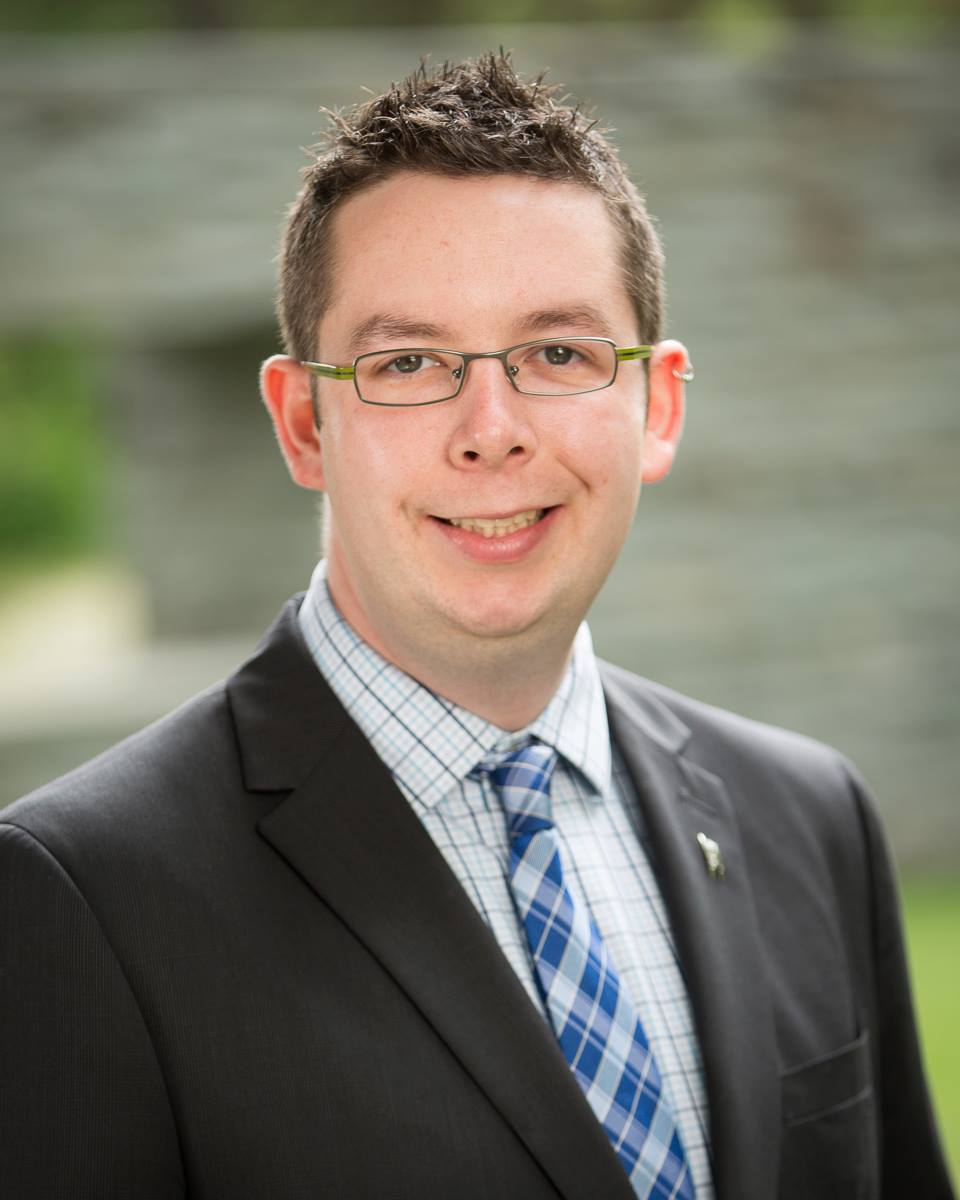Meet the New LGBTQ Humanist Council Coordinator: Kevin Jagoe

We’re welcoming a new volunteer to the American Humanist Association team: Kevin Jagoe! He will be the new coordinator of the LGBTQ Humanist Council, which works to represent LGBTQ humanists in support of equality initiatives and promote local LGBTQ humanist groups in chapters across the country.
TheHumanist.com: What’s your educational and work background?
Kevin Jagoe: In 2007 I graduated from Hamline University in Saint Paul, MN, with a BA in anthropology, criminal justice, and forensic sciences as well as minors in psychology and biology. Many times I am asked what I learned through this broad array of liberal arts coursework. I would say I began to learn about human beings and what makes us tick: from the cellular to the societal. I was able to appreciate the ways we function and dysfunction biologically, socially, and psychologically as well as the ways we work well together and hurt each other in groups, families, and in our broader society.

In 2013 I graduated from Class XVII of the Humanist Institute with a certificate in Humanist Studies and Leadership, this graduate program brought me more formally into the humanist movement at a national level. Next spring I will graduate from Hamline’s School of Business with a master’s degree in nonprofit management.
Professionally, I am in the midst of a career shift. I am moving from almost a decade of marketing/communications work with nonprofit organizations to become a facilitator of intentional communities for Unitarian Universalists and humanists, nontheists, atheists, and other nonbelievers.
My hope is that some of this work is done in what we think of as religious communities and some of this work is done in other contexts (colleges, coffee shops, bars, interfaith meetings, and more).
I am lucky to work with two organizations promoting humanism in the world. The first is the Humanist Institute where I am the director of marketing and development. This work brings me all over the country meeting potential students, leaders in the movement, and developing coursework that is accessible to people all over the world. My other position is with First Unitarian Society of Minneapolis, which has been explicitly humanist since the early 1900s when John Dietrich helped coin the term “religious humanism.” At the Society I am the youth and media director; my youth work includes coordinating our Religious Explorers program for grades eight through twelve and facilitating our Senior High Group. The media work I do includes social media, brand identity, and outreach to the community as well as traditional media.
TheHumanist.com: How did you first learn about humanism?
Jagoe: Near the end of my undergraduate program, I googled “atheism,” “values,” “religion,” and a few other words. I had been an atheist since my confirmation process in the Missouri Synod of the Lutheran Church, which happens around the age of 13. During the classes on what it meant to be a Christian and specifically a Lutheran, I realized it wasn’t me. I had lost my faith some time before and the experiences I had during those classes led me to finally admit to myself that I truly was a nonbeliever. From there through college I explored or became what is known as a “seeker,” though the part I kept coming back to was that I didn’t believe in any gods or goddesses no matter the fantastic stories that came with them. I did love the stories though, as well as the rituals; both have fascinated me from an early age. This is the main reason I think I still enjoy churches and other places of worship.
My Christian experiences as well as those working for the University of Minnesota Hillel and First Universalist Church of Minneapolis in my early twenties led me to want more than an identity marker about my disbelief in gods. I wanted community and I wanted ritual, I wanted music and I wanted programming. I just didn’t want to feel compelled to lie and pretend to pray or do nothing while such things were happening. I found just such a place at First Unitarian Society of Minneapolis where I have been a member for four years and recently joined the staff. Our previous minister, Rev. Dr. Kendyl Gibbons, is actually the person who first told me about the Humanist Institute. So my search for a humanist church brought me not only that, but employment with amazing organizations and an entire tradition or movement to explore.
TheHumanist.com: What interested you most about volunteering to work for the LGBTQ Humanist Council?
Jagoe: While I was working through being an atheist as a teenager I was also working through my attraction to men at the same time. In a small Minnesota town I wasn’t sure which was going to get me into more danger, being gay or being an atheist. Throughout high school I chose to be out to a certain degree about my disbelief but not about my sexuality. In college at Hamline (a small Methodist school, though a liberal one) I jumped right into on-campus LGBTQ organizing. I was out by the end of my first semester and within a year began working for the Youth and AIDS Project at the University of Minnesota. Since those days of interviewing people in coffee shops, bars, and parks about their smoking and sex habits (this was in the time leading up to Minnesota’s anti-smoking laws) I have worked and volunteered with a number of amazing organizations in Minnesota and nationally. The chance to pull these two threads of my life back together in my volunteer work is unique and special to me.
TheHumanist.com: What book has influenced you the most?
Jagoe: I can’t choose just one so Mason Olds’ American Religious Humanism and The Wheel of Time series by Robert Jordan. The former taught me that I was stepping into more than a word to identify with, but rather a long and rich tradition. The latter taught me that reading can take you anywhere and that the place you are now is not all that is possible.
TheHumanist.com: If you could have dinner with any three people in the world, living or dead, who would they be and why?
Jagoe: My grandmother, Pearl Milligan, John Dietrich, and Sherwin Wine. While I only knew the first person in life, all three have helped lead me to where I am today in ways they never knew.
